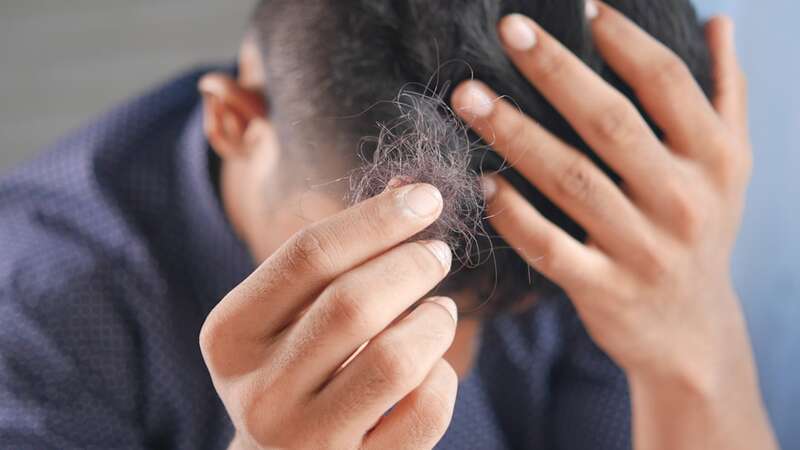A new study says a simple hair test might help spot children at risk for depression and anxiety years before symptoms show up.
Researchers at the University of Waterloo found that measuring the stress hormone cortisol in hair samples can reveal long-term stress patterns—especially in children living with chronic illnesses like asthma or diabetes.
About 40 percent of Canadian children live with chronic health conditions, and they’re up to five times more likely to struggle with mental-health problems than their healthy peers. (uwaterloo.ca)
How the Hair Cortisol Test Works
Each strand of hair acts like a biological stress diary. Cortisol, the body’s main stress hormone, builds up inside the hair shaft over time. Because hair grows roughly one centimeter per month, each segment reflects that month’s average stress level. (New Atlas)
Scientists can extract and measure cortisol in the lab to create a clear timeline of chronic stress — something blood and saliva tests can’t do.
Study Results: Stress Predicts Emotional Problems
The study, published in Stress & Health, followed 244 children with chronic physical illnesses over four years. Kids with consistently high cortisol levels were far more likely to develop emotional and behavioral problems, including anxiety and depression. (ScienceDaily)
Those whose cortisol levels declined over time showed fewer mental-health symptoms and better emotional regulation. Researchers say this test could one day allow doctors and parents to intervene early, providing targeted support before stress turns into serious mental-health conditions.
Why It Matters
Current screening tools rely on behavioral checklists or self-reports after problems appear. The hair cortisol test offers a non‐invasive, long-term view of stress — helping detect children at high risk for mental‐health issues before they need clinical care.
With anxiety and depression now among the most common mental disorders in youth, this discovery could reshape early-detection strategies worldwide.
Key Facts for Parents
What it measures: Cortisol — the body’s stress hormone — embedded in hair.
Why it’s useful: Reflects chronic stress over months, not moments.
Who’s most at risk: Children with chronic illnesses or ongoing medical treatment.
Potential benefit: Earlier identification of anxiety and depression risk.
What Comes Next
Researchers emphasize that while the findings are promising, hair cortisol testing isn’t ready for doctors’ offices yet. More large-scale studies are needed to confirm how well it predicts future mental-health outcomes.
Still, experts say the technique could transform pediatric mental-health screening — offering parents and physicians a powerful new way to track children’s well-being.
Keith Ablow, MD, and Kathryn Munoz, PhD, MPH, co-founders of 4VitaHealth, bring decades of experience in medicine, life coaching, and healthcare innovation to help people live healthier, more purposeful lives.
Medical Disclaimer: This article is for informational purposes only and does not constitute medical advice. Always consult a qualified healthcare professional regarding any health or mental-health concerns.
Reference: Littler, E. A. L., Butt, Z. A., Gonzalez, A., & Ferro, M. A. (2025). Association Between Hair Cortisol and Psychopathology in Children With a Chronic Physical Illness. Stress & Health, 41(4). DOI: 10.1002/smi.70087. (ScienceDaily)




